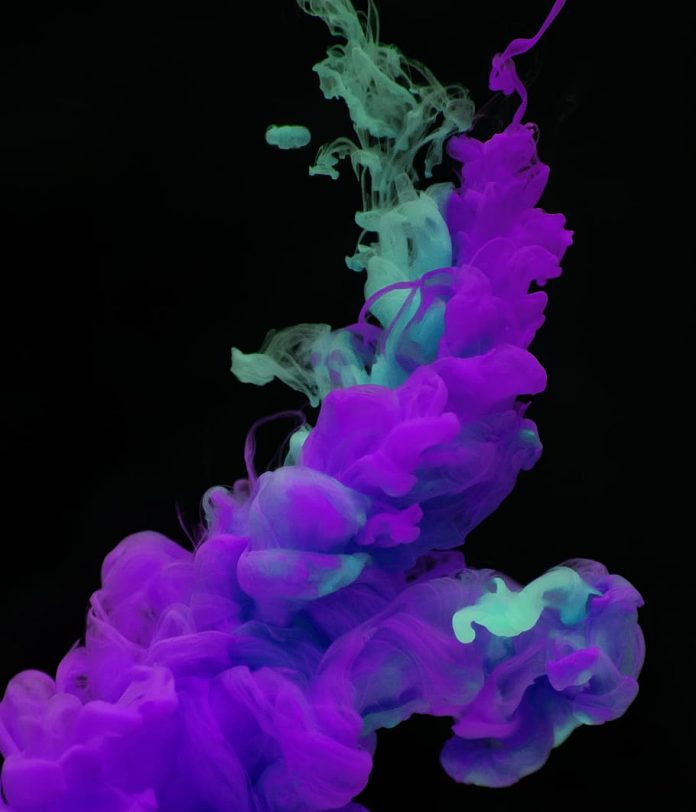Given two integers A and B, the task is to count the possible values of K such that A%K = B%K. If the count is infinite, print -1.
Examples:
Input: A = 2, B = 4
Output: 2
Explanation: The set of all possible values of K is {1, 2}.
As 2%1 = 4%1 = 0 and 2%2 = 4%2 = 0.Input: A = 5, B = 5
Output: -1
Explanation: There are infinite values of K as all possible integer value of K satisfies the given condition.
Approach: The given problem can be solved using the following observation that all values of A and B can be divided into the following two cases:
- The case where A = B. In such cases, all possible integer value of K is valid answer. Hence, the value of the required count is infinite.
- The case where A > B. In such cases, it can be observed that a value of K is valid if K divides (A – B). For cases with B > A, simply swap the values of A and B.
Therefore, calculate all the possible values of K such that it divides (A – B) completely which is the required value.
Below is the implementation of the above approach:
C++14
// C++ Program of the above approach#include <bits/stdc++.h>using namespace std;// Function to find the count of the// values of K such that A%K = B%Kint countInt(int A, int B){ // If the count is Infinite if (A == B) return -1; int diff = abs(A - B); // Stores the required count int count = 0; // Loop to calculate all the // divisors of diff for (int i = 1; i * i <= diff; i++) { if (diff % i == 0) { // Increment count for i if (diff == i * i) count++; // Increment count for i // and diff / i both else count += 2; } } // Return Answer return count;}// Driver codeint main(){ int A = 2, B = 4; cout << countInt(A, B); return 0;} |
Java
// Java program for the above approachimport java.io.*;import java.lang.*;import java.util.*;class GFG { // Function to find the count of the // values of K such that A%K = B%K static int countInt(int A, int B) { // If the count is Infinite if (A == B) return -1; int diff = Math.abs(A - B); // Stores the required count int count = 0; // Loop to calculate all the // divisors of diff for (int i = 1; i * i <= diff; i++) { if (diff % i == 0) { // Increment count for i if (diff == i * i) count++; // Increment count for i // and diff / i both else count += 2; } } // Return Answer return count; } // Driver code public static void main (String[] args) { int A = 2, B = 4; System.out.print(countInt(A, B)); }}// This code is contributed by hrithikgarg03188. |
Python3
# Python code for the above approach # Function to find the count of the# values of K such that A%K = B%Kdef countInt(A, B): # If the count is Infinite if (A == B): return -1; diff = abs(A - B); # Stores the required count count = 0; # Loop to calculate all the # divisors of diff i = 1; while((i * i) <= diff): if (diff % i == 0): # Increment count for i if (diff == i * i): count += 1 # Increment count for i # and diff / i both else: count += 2; i += 1 # Return Answer return count;# Driver codeA = 2B = 4print(countInt(A, B));# This code is contributed by Saurabh Jaiswal |
C#
// C# Program of the above approachusing System;class GFG { // Function to find the count of the // values of K such that A%K = B%K static int countInt(int A, int B) { // If the count is Infinite if (A == B) return -1; int diff = Math.Abs(A - B); // Stores the required count int count = 0; // Loop to calculate all the // divisors of diff for (int i = 1; i * i <= diff; i++) { if (diff % i == 0) { // Increment count for i if (diff == i * i) count++; // Increment count for i // and diff / i both else count += 2; } } // Return Answer return count; } // Driver code public static int Main() { int A = 2, B = 4; Console.Write(countInt(A, B)); return 0; }}// This code is contributed by Taranpreet |
Javascript
<script> // JavaScript code for the above approach // Function to find the count of the // values of K such that A%K = B%K function countInt(A, B) { // If the count is Infinite if (A == B) return -1; let diff = Math.abs(A - B); // Stores the required count let count = 0; // Loop to calculate all the // divisors of diff for (let i = 1; i * i <= diff; i++) { if (diff % i == 0) { // Increment count for i if (diff == i * i) count++; // Increment count for i // and diff / i both else count += 2; } } // Return Answer return count; } // Driver code let A = 2, B = 4; document.write(countInt(A, B)); // This code is contributed by Potta Lokesh </script> |
2
Time Complexity: O(√(A – B))
Auxiliary Space: O(1)
Ready to dive in? Explore our Free Demo Content and join our DSA course, trusted by over 100,000 neveropen!




